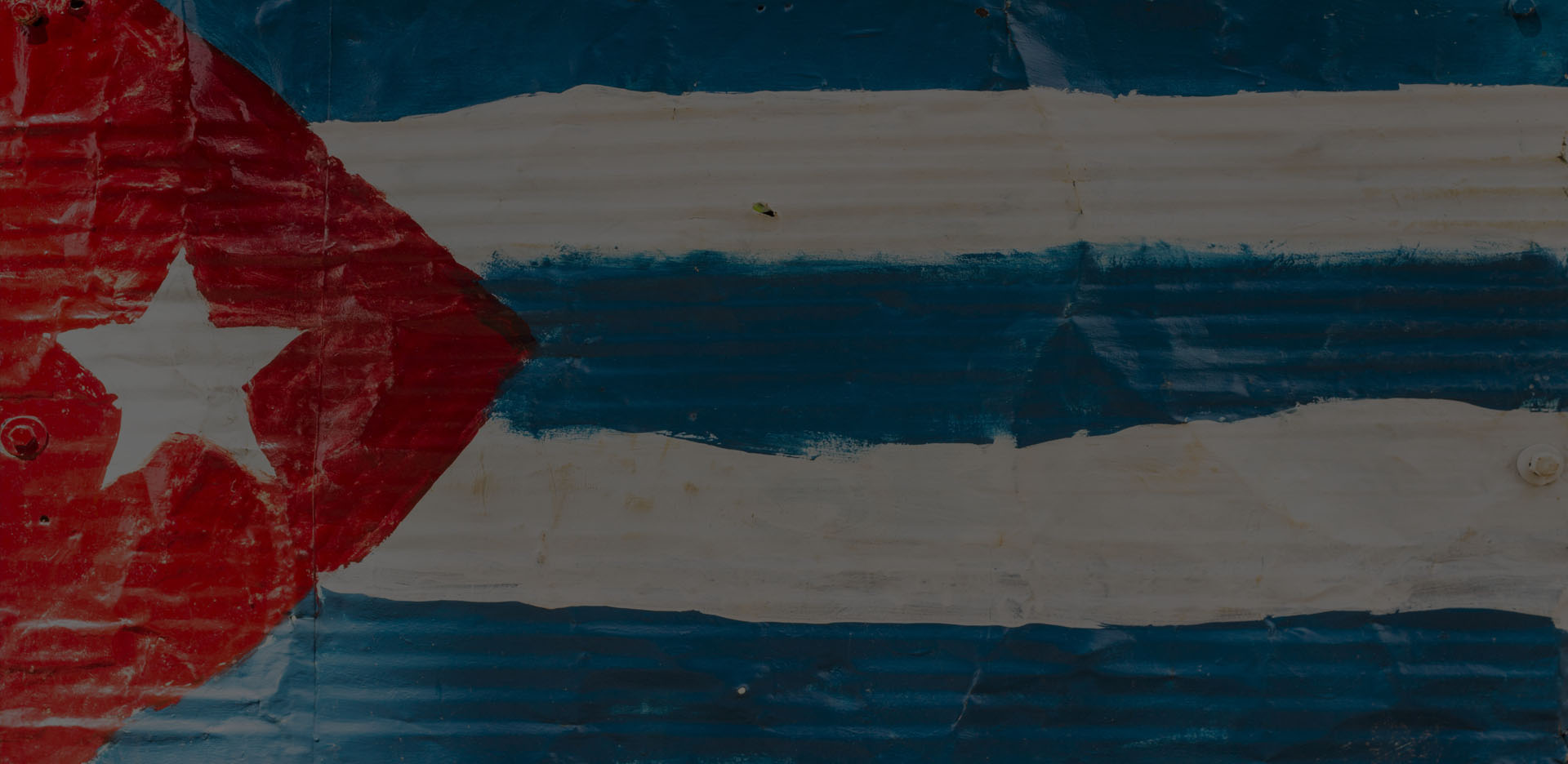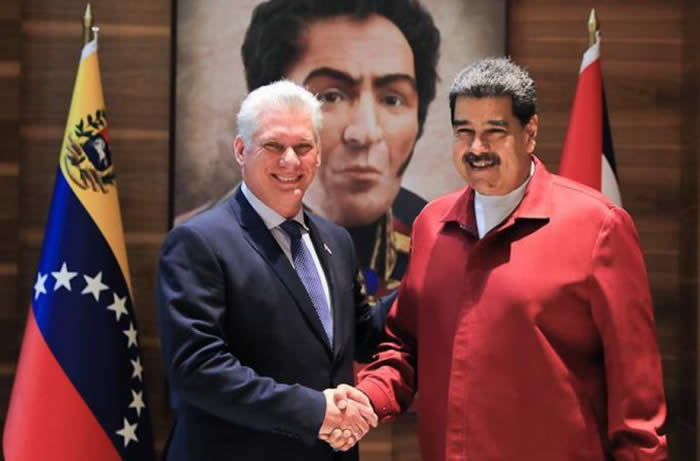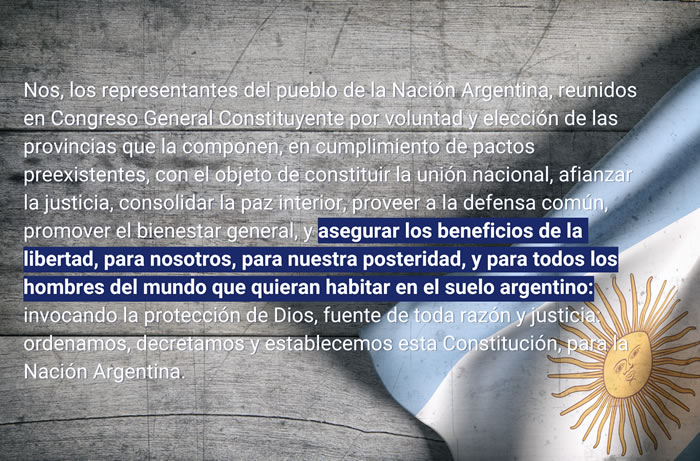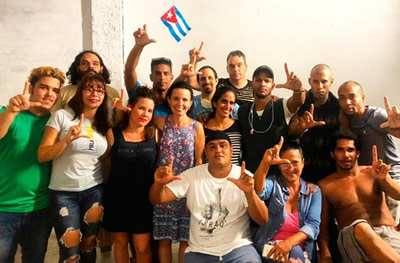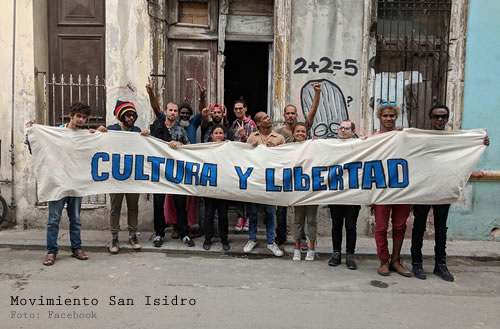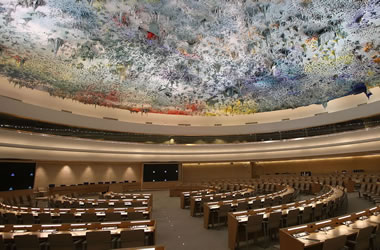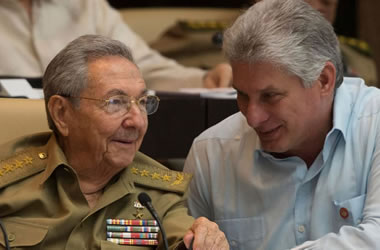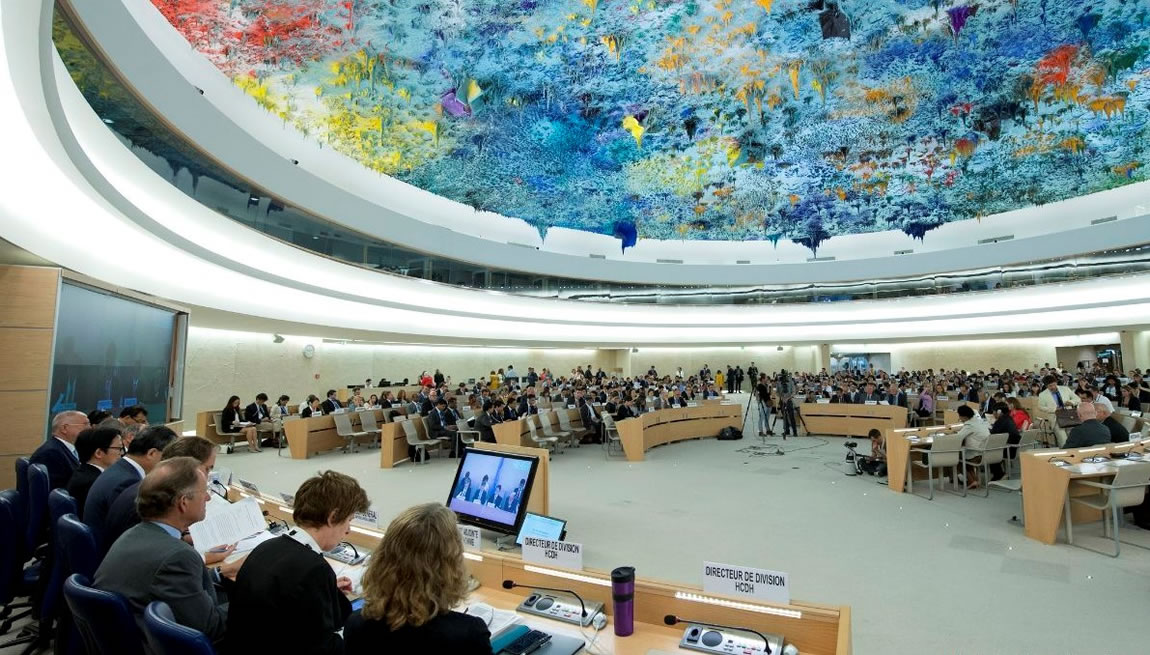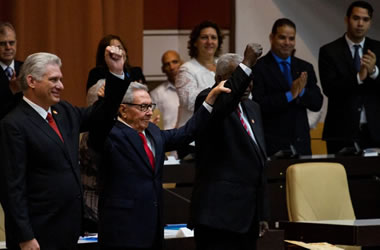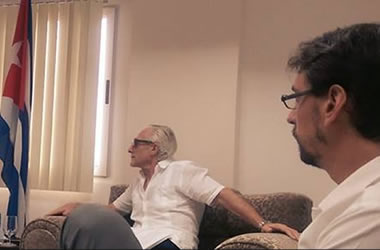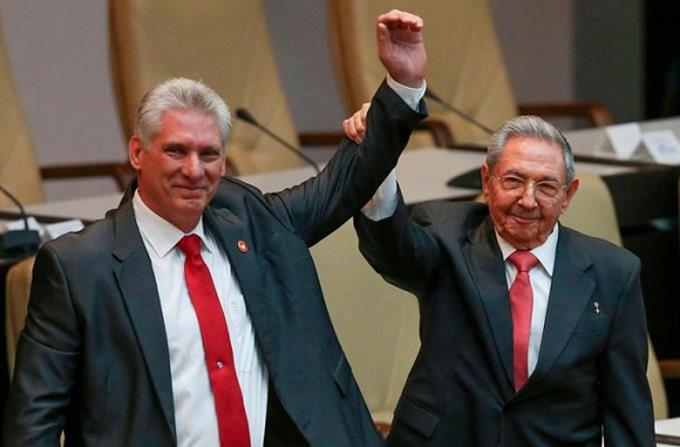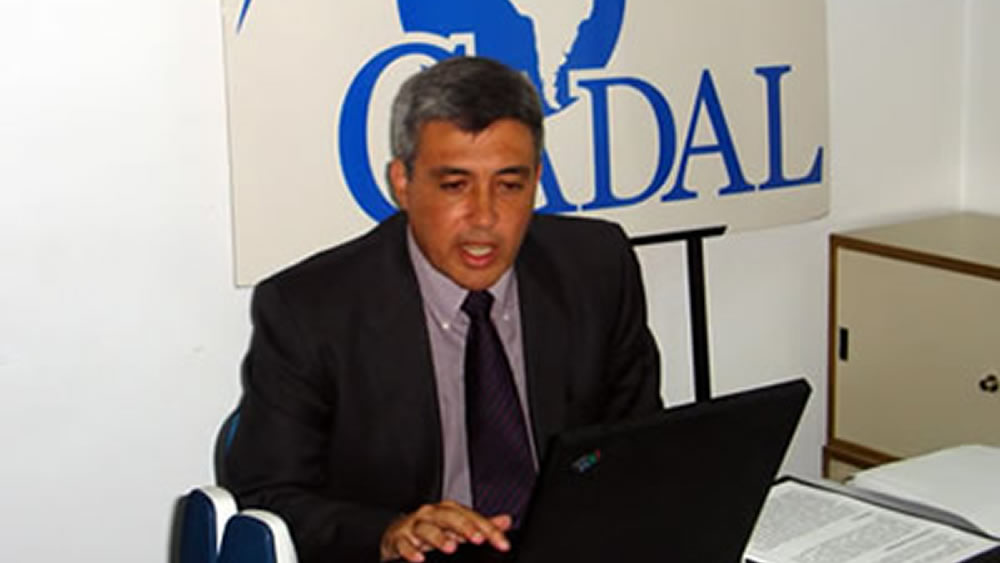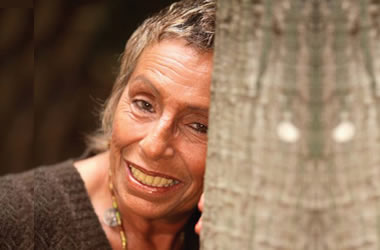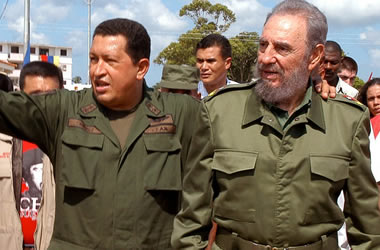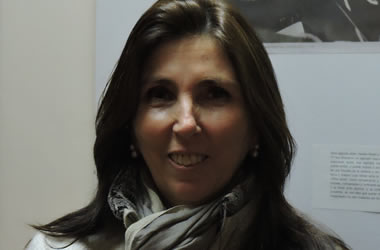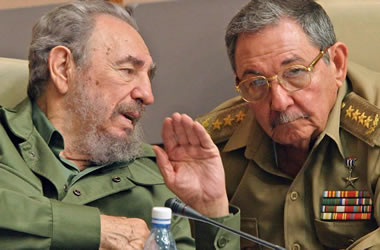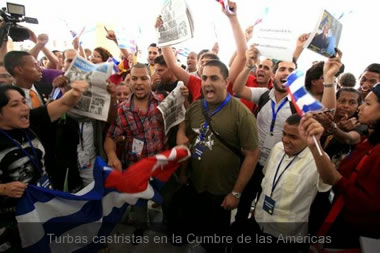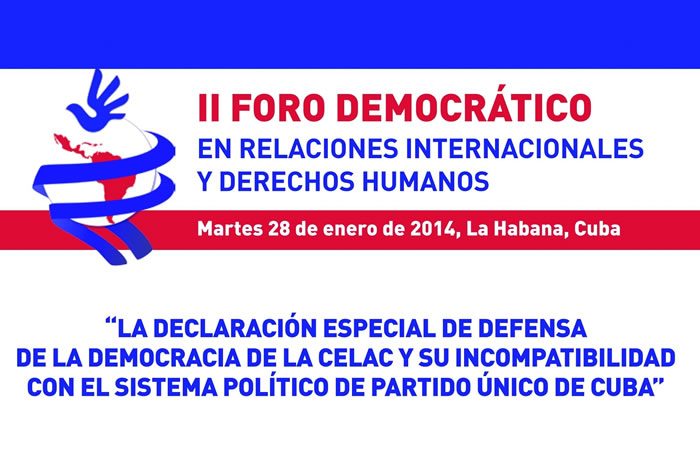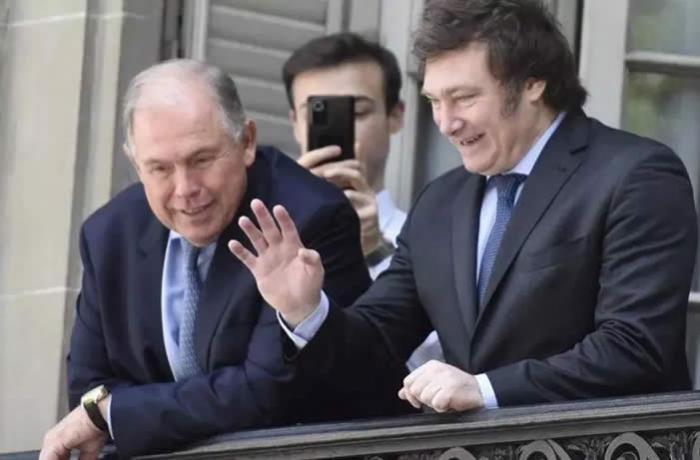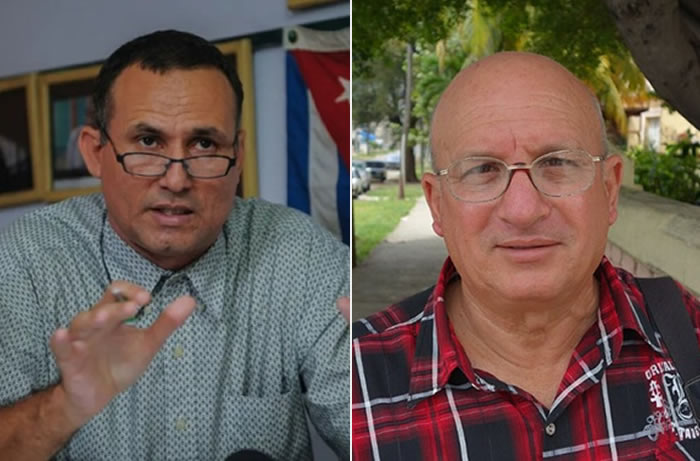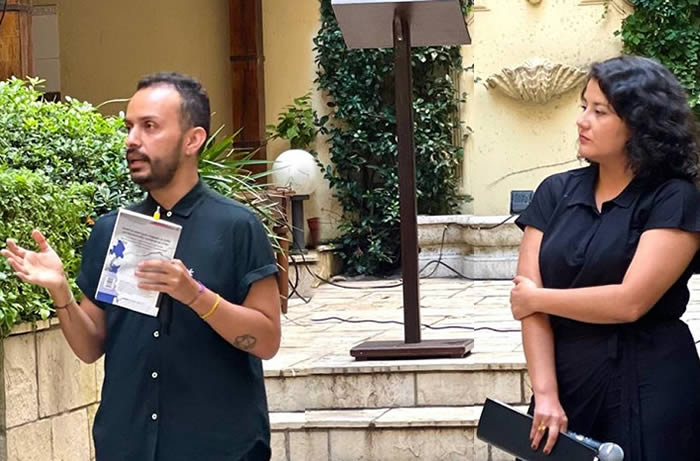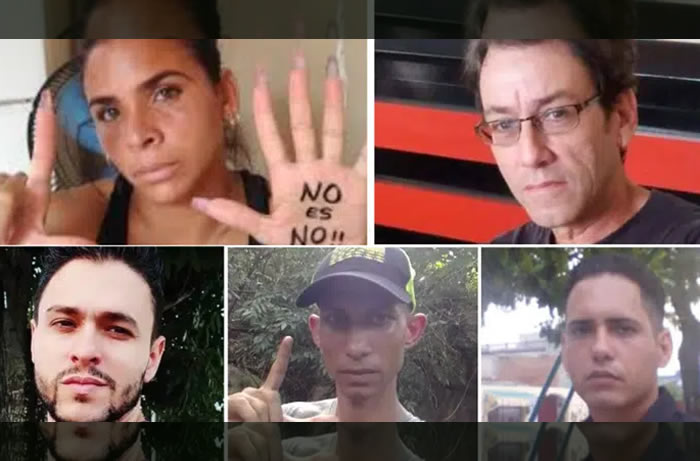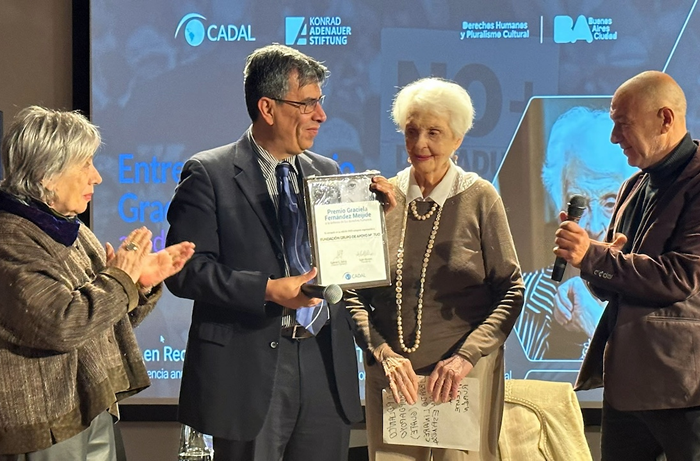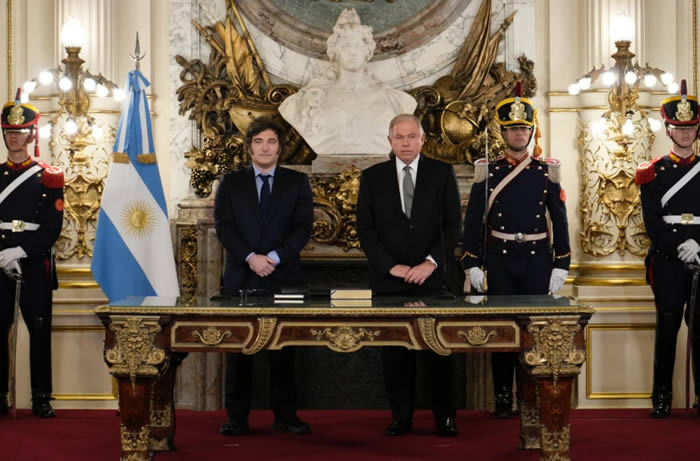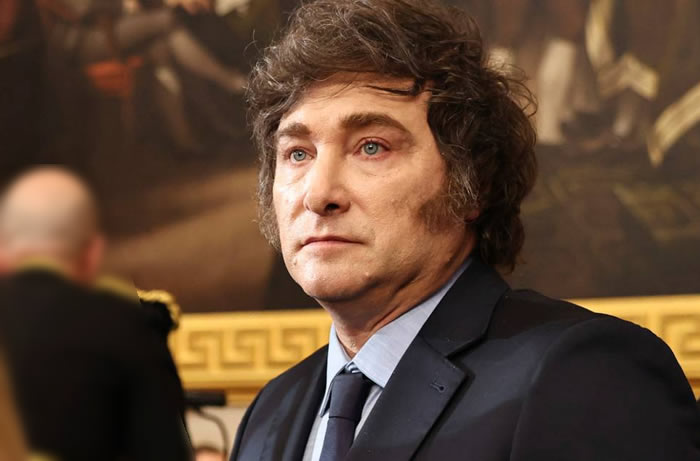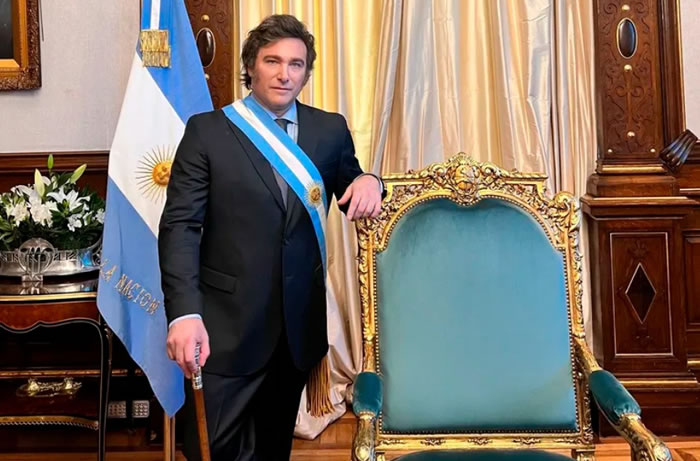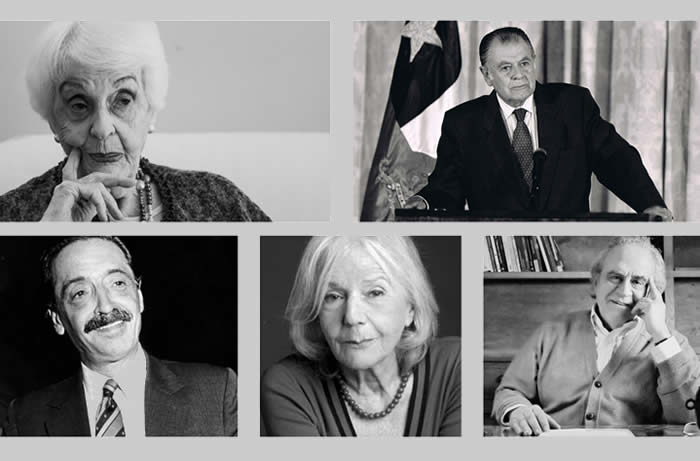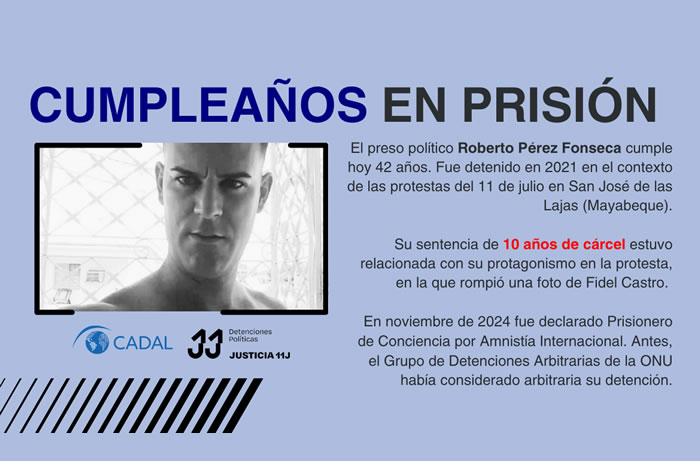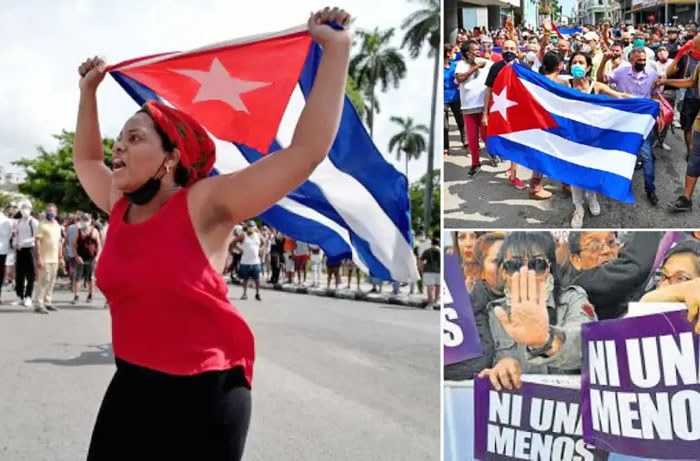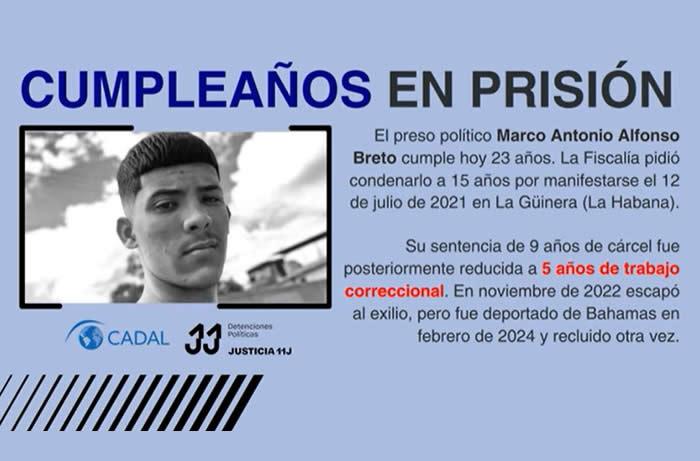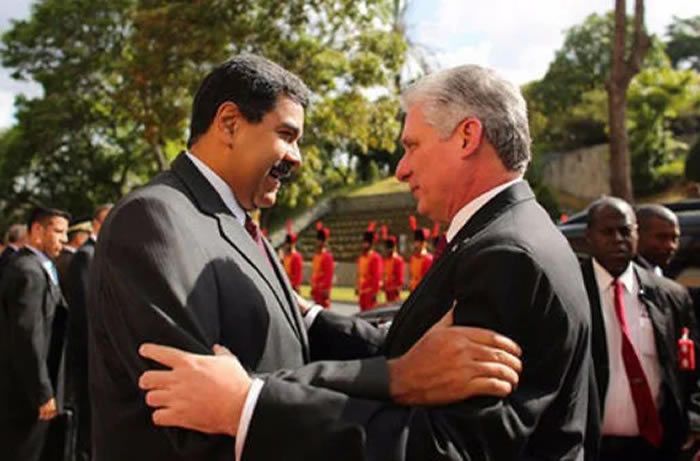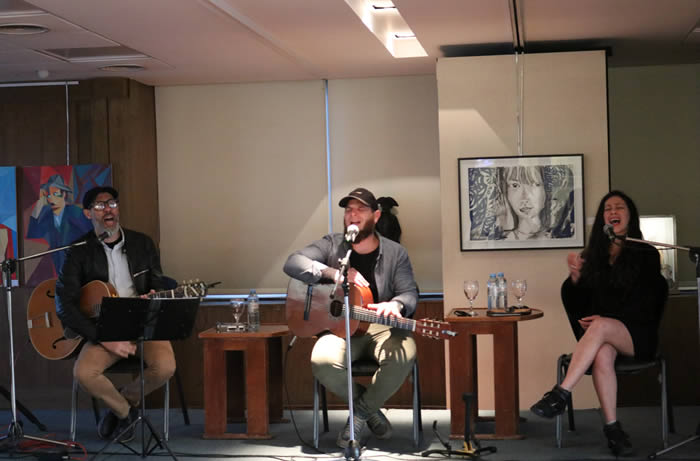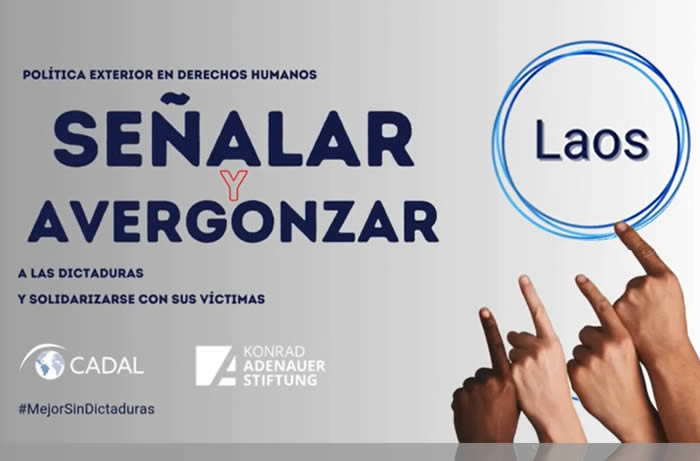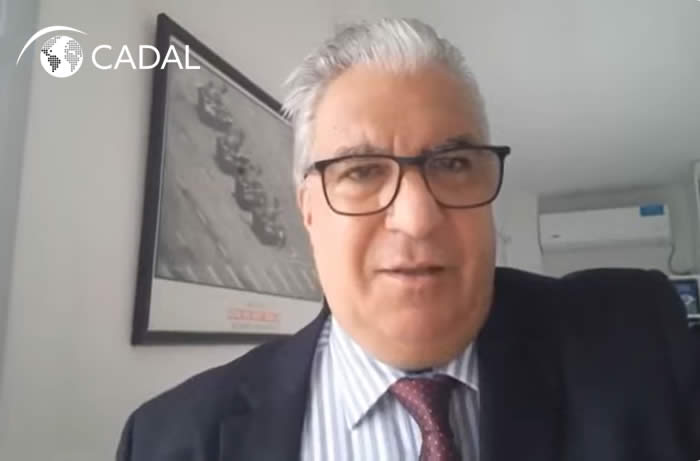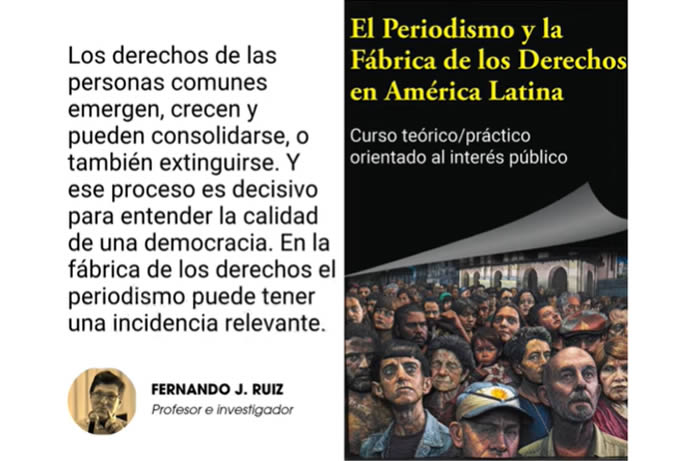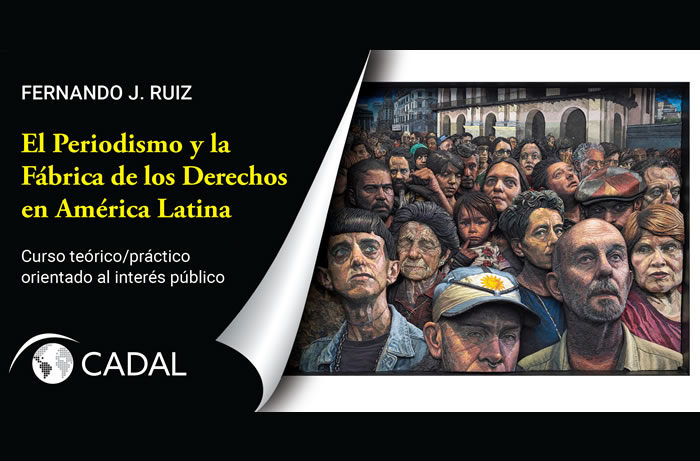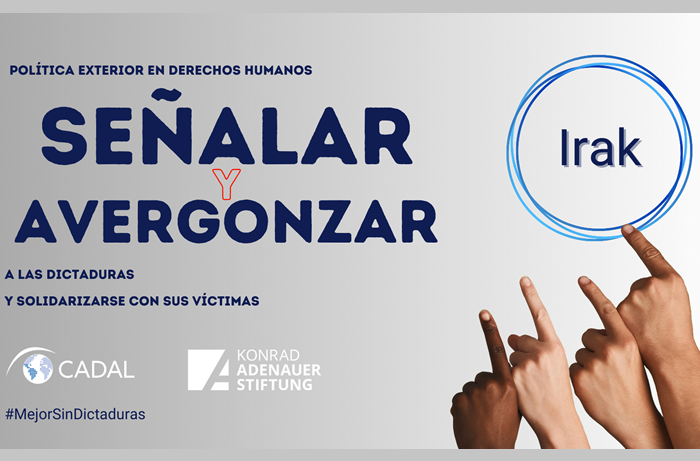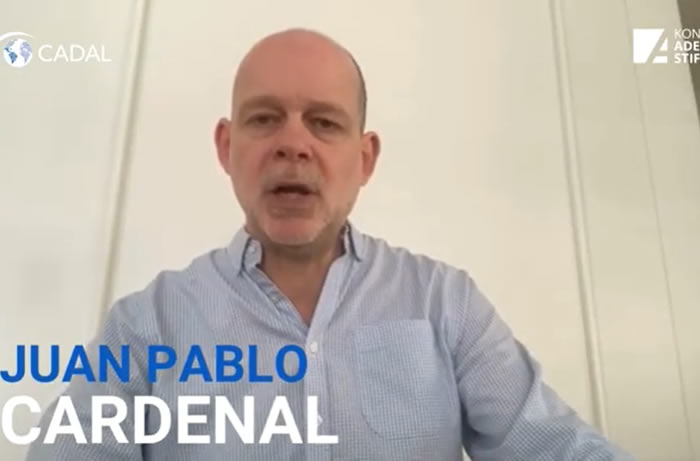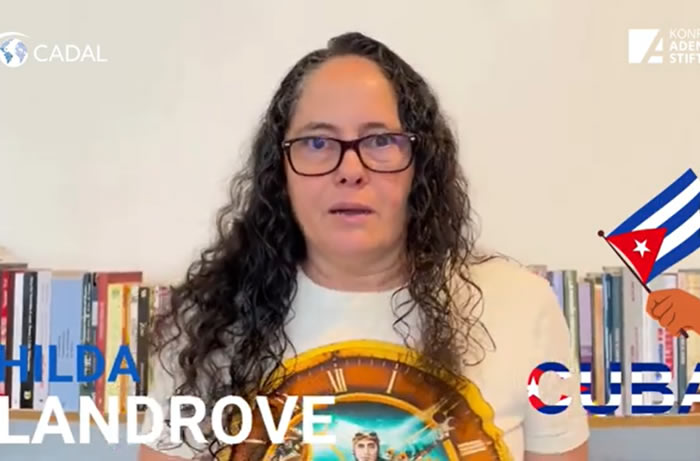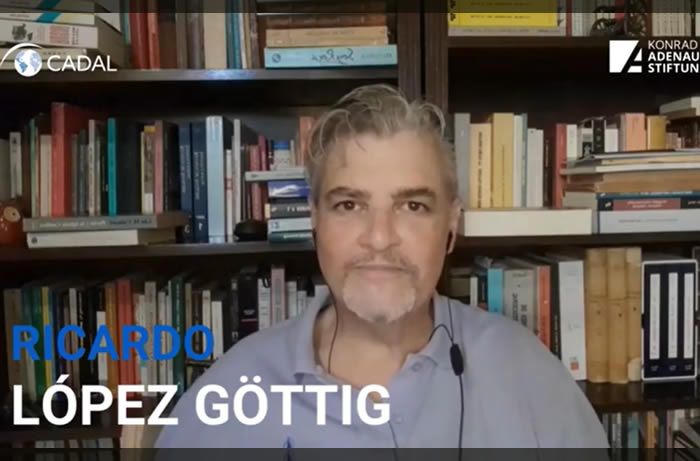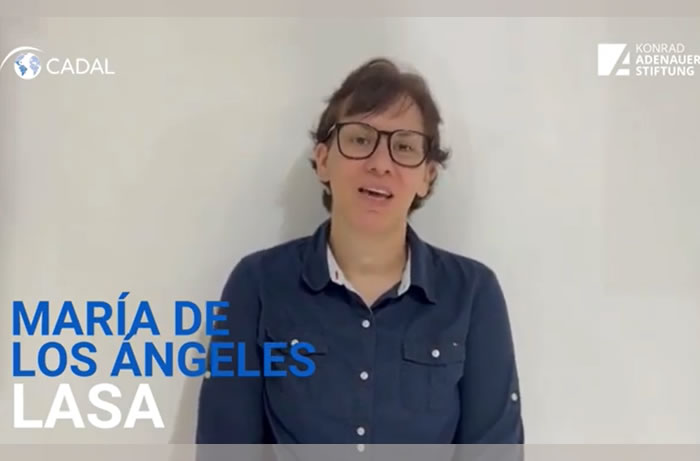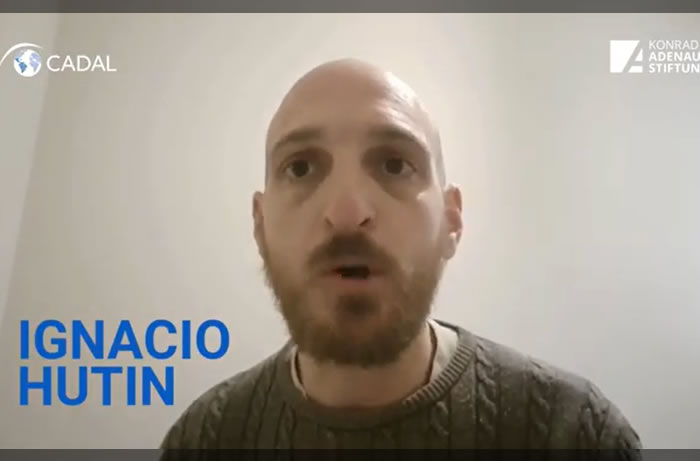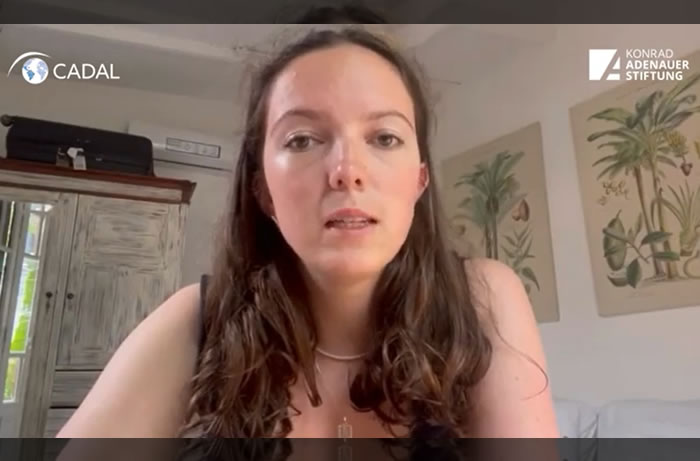Diálogo Latino Cubano
Promoción de la Apertura Política en Cuba
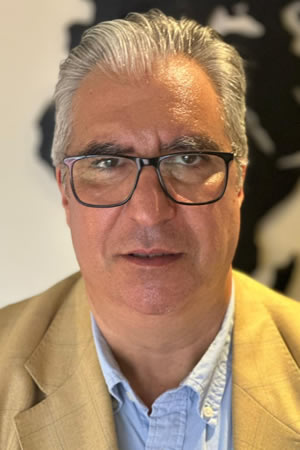 23-02-2017
23-02-2017It’s time to set limits to Cuban Dictatorship
(Latin America Goes Global) The Cuban government is practicing abroad what it is strictly forbidden within its own borders, infringing the political reciprocity principle in bilateral relations.
Por Gabriel C. Salvia
(Latin America Goes Global) Once again, Raúl Castro’s government finds itself exposed on the international stage, and its political dogmatism may lead several democratic countries to review their relationship with Cuba.
From a democratic perspective, the reaction of the single-party Cuba, regarding the initiative of the Latin-American network “Youth for Democracy” in Havana, to give the Organization of American States (OAS) Secretary General an award as well as a posthumous recognition to the former Chilean President Patricio Aylwin, is ridiculous.
The activity was scheduled for 22 February to start at 11am in the house of Rosa María Payá, president of the network and daughter of Oswaldo Payá Sardiñas, a prominent Christian democrat opposition activist, who died by mid-2012 in a suspicious traffic accident. Precisely, an award with the name of Rosa María’s father was created, to reward prominent figures in the defense of human rights. It had been granted to Luis Almagro, Secretary General of the OAS. Likewise, it was planned that a posthumous recognition would be given to Mariana Aylwin in memory of her father, the former President of the democratic transition in Chile. Aylwin’s government was the one who restored diplomatic relations with Cuba, after the military dictatorship of Pinochet.
The Cuban government denied entry to Almagro, Aylwin and other guests, including the former President of Mexico, Felipe Calderón. In this regard, the OAS Secretary General published a letter in which he pointed out that: “My presence and the 22 February ceremony is not different from other similar events held in other countries in the region, of which I have participated. They are not carried out with government support but neither with censorship, because these events reflect the tolerance and the democratic values”.
In turn, the Chilean Ministry of Foreign Affairs issued a “press release on Mariana Aylwin entry ban in Cuba”, highlighting that “the purpose of her trip was to receive from a civic organization, a testimony of recognition to her father, the former President of the Republic, Patricio Aylwin. The exercise of such right shall not be hindered, especially when Chile itself has paid tribute to Cuban historic and political figures”.
Beyond the idealistic debate about how democracies should relate with dictatorships, it is the realistic question of political reciprocity which is at stake in the case of Cuba. As we know, the Cuban government, through its embassies, encourages activities defending and promoting the revolution, which includes visits of its party officials and leaders to other countries in the region. In many cases, participants’ activities and expressions are opposed to the host country government, but the point is that criticism and freedom of assembly and speech are fundamental aspects of democratic societies. This means that the Cuban government is practicing abroad what it is strictly forbidden within its own borders, infringing the political reciprocity principle in bilateral relations.
But this is happening because of the submissiveness of democratic governments. Currently, events like those involving Luis Almagro, Felipe Calderón and Mariana Aylwin must achieve political change in the democratic states policy on Cuba, especially through the work of their embassies.
It is essential for democratic countries to include requirements for the free support they have provided for years to the Cuban dictatorship, for example with statements and resolutions in favor of lifting the American embargo. That support, harnessed by Cuba’s government to legitimize itself internally, should go hand in hand with a claim for political openness, for instance allowing freedom of association, assembly and speech of those who don’t share the dogmatic vision of the Cuban revolution.
Lastly, instead of worrying about “do not disturb” the government of Cuba sign, accepting its anti-democratic rules, democracies should set up exchanges and regular activities with civic and political activists, in line with what has already be done by their embassies in other countries. The Castro II government may argue that Cuba Decide (Rosa María Payá’s initiative pro-plebiscite) is illegal. Yet, the democratic countries must not be part of this illegality, imposed by the one-party regime.
Translated by Justine Vieira.
 Gabriel C. SalviaDirector GeneralActivista de derechos humanos enfocado en la solidaridad democrática internacional. En 2024 recibió el Premio Gratias Agit del Ministerio de Relaciones Exteriores de la República Checa. Es autor de los libros "Memoria, derechos humanos y solidaridad democrática internacional" (2024) y "Bailando por un espejismo: apuntes sobre política, economía y diplomacia en los gobiernos de Cristina Fernández de Kirchner" (2017). Además, compiló varios libros, entre ellos "75 años de la Declaración Universal de Derechos Humanos: Miradas desde Cuba" (2023), "Los derechos humanos en las relaciones internacionales y la política exterior" (2021), "Desafíos para el fortalecimiento democrático en la Argentina" (2015), "Un balance político a 30 años del retorno a la democracia en Argentina" (2013) y "Diplomacia y Derechos Humanos en Cuba" (2011), Sus columnas de opinión han sido publicadas en varios medios en español. Actualmente publica en Clarín, Perfil, Infobae y La Nación, de Argentina. Ha participado en eventos internacionales en América Latina, África, Asia, Europa, los Balcanes y en Estados Unidos. Desde 1992 se desempeña como director en Organizaciones de la Sociedad Civil y es miembro fundador de CADAL. Como periodista, trabajó entre 1992 y 1997 en gráfica, radio y TV especializado en temas parlamentarios, políticos y económicos, y posteriormente contribuyó con entrevistas en La Nación y Perfil.
Gabriel C. SalviaDirector GeneralActivista de derechos humanos enfocado en la solidaridad democrática internacional. En 2024 recibió el Premio Gratias Agit del Ministerio de Relaciones Exteriores de la República Checa. Es autor de los libros "Memoria, derechos humanos y solidaridad democrática internacional" (2024) y "Bailando por un espejismo: apuntes sobre política, economía y diplomacia en los gobiernos de Cristina Fernández de Kirchner" (2017). Además, compiló varios libros, entre ellos "75 años de la Declaración Universal de Derechos Humanos: Miradas desde Cuba" (2023), "Los derechos humanos en las relaciones internacionales y la política exterior" (2021), "Desafíos para el fortalecimiento democrático en la Argentina" (2015), "Un balance político a 30 años del retorno a la democracia en Argentina" (2013) y "Diplomacia y Derechos Humanos en Cuba" (2011), Sus columnas de opinión han sido publicadas en varios medios en español. Actualmente publica en Clarín, Perfil, Infobae y La Nación, de Argentina. Ha participado en eventos internacionales en América Latina, África, Asia, Europa, los Balcanes y en Estados Unidos. Desde 1992 se desempeña como director en Organizaciones de la Sociedad Civil y es miembro fundador de CADAL. Como periodista, trabajó entre 1992 y 1997 en gráfica, radio y TV especializado en temas parlamentarios, políticos y económicos, y posteriormente contribuyó con entrevistas en La Nación y Perfil.
(Latin America Goes Global) Once again, Raúl Castro’s government finds itself exposed on the international stage, and its political dogmatism may lead several democratic countries to review their relationship with Cuba.
From a democratic perspective, the reaction of the single-party Cuba, regarding the initiative of the Latin-American network “Youth for Democracy” in Havana, to give the Organization of American States (OAS) Secretary General an award as well as a posthumous recognition to the former Chilean President Patricio Aylwin, is ridiculous.
The activity was scheduled for 22 February to start at 11am in the house of Rosa María Payá, president of the network and daughter of Oswaldo Payá Sardiñas, a prominent Christian democrat opposition activist, who died by mid-2012 in a suspicious traffic accident. Precisely, an award with the name of Rosa María’s father was created, to reward prominent figures in the defense of human rights. It had been granted to Luis Almagro, Secretary General of the OAS. Likewise, it was planned that a posthumous recognition would be given to Mariana Aylwin in memory of her father, the former President of the democratic transition in Chile. Aylwin’s government was the one who restored diplomatic relations with Cuba, after the military dictatorship of Pinochet.
The Cuban government denied entry to Almagro, Aylwin and other guests, including the former President of Mexico, Felipe Calderón. In this regard, the OAS Secretary General published a letter in which he pointed out that: “My presence and the 22 February ceremony is not different from other similar events held in other countries in the region, of which I have participated. They are not carried out with government support but neither with censorship, because these events reflect the tolerance and the democratic values”.
In turn, the Chilean Ministry of Foreign Affairs issued a “press release on Mariana Aylwin entry ban in Cuba”, highlighting that “the purpose of her trip was to receive from a civic organization, a testimony of recognition to her father, the former President of the Republic, Patricio Aylwin. The exercise of such right shall not be hindered, especially when Chile itself has paid tribute to Cuban historic and political figures”.
Beyond the idealistic debate about how democracies should relate with dictatorships, it is the realistic question of political reciprocity which is at stake in the case of Cuba. As we know, the Cuban government, through its embassies, encourages activities defending and promoting the revolution, which includes visits of its party officials and leaders to other countries in the region. In many cases, participants’ activities and expressions are opposed to the host country government, but the point is that criticism and freedom of assembly and speech are fundamental aspects of democratic societies. This means that the Cuban government is practicing abroad what it is strictly forbidden within its own borders, infringing the political reciprocity principle in bilateral relations.
But this is happening because of the submissiveness of democratic governments. Currently, events like those involving Luis Almagro, Felipe Calderón and Mariana Aylwin must achieve political change in the democratic states policy on Cuba, especially through the work of their embassies.
It is essential for democratic countries to include requirements for the free support they have provided for years to the Cuban dictatorship, for example with statements and resolutions in favor of lifting the American embargo. That support, harnessed by Cuba’s government to legitimize itself internally, should go hand in hand with a claim for political openness, for instance allowing freedom of association, assembly and speech of those who don’t share the dogmatic vision of the Cuban revolution.
Lastly, instead of worrying about “do not disturb” the government of Cuba sign, accepting its anti-democratic rules, democracies should set up exchanges and regular activities with civic and political activists, in line with what has already be done by their embassies in other countries. The Castro II government may argue that Cuba Decide (Rosa María Payá’s initiative pro-plebiscite) is illegal. Yet, the democratic countries must not be part of this illegality, imposed by the one-party regime.
Translated by Justine Vieira.

